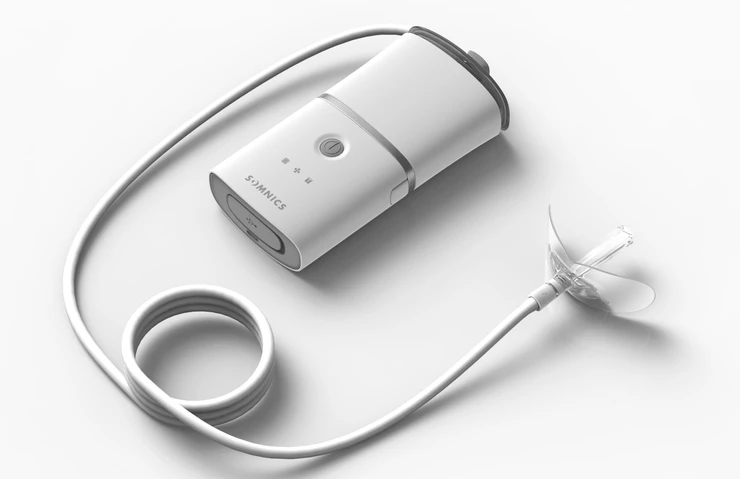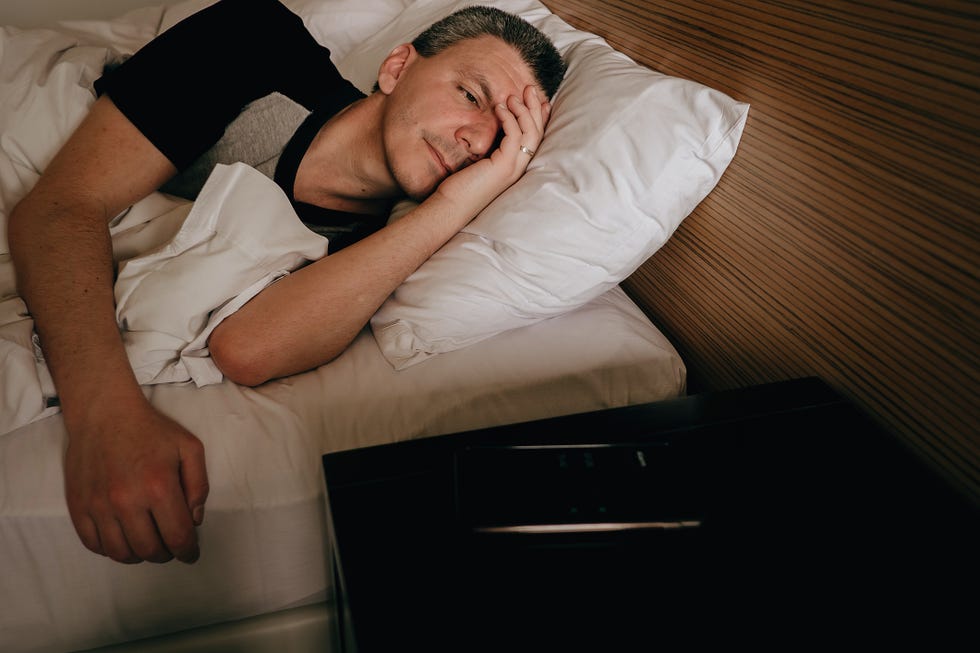Expert Insomnia Counseling - Get Professional Assistance
Expert Insomnia Counseling - Get Professional Assistance
Blog Article
Efficient Therapy Solutions for Taking Care Of Sleep Disorders and Enhancing Restful Rest
In the world of health care, the monitoring of sleep disorders and the mission for restful sleep are essential components of general health. As we browse the detailed landscape of sleep problems and look for to improve our rest experience, a deeper understanding of these therapy options may hold the trick to unlocking an extra rejuvenating and satisfying corrective journey.
Cognitive Behavioral Treatment for Sleeplessness (CBT-I)
Cognitive Behavior Treatment for Sleeping Disorders (CBT-I) is an organized, evidence-based therapy approach that concentrates on dealing with the underlying factors adding to sleep disturbances. This sort of therapy intends to modify actions and thoughts that worsen sleeplessness, ultimately promoting healthy and balanced sleep patterns. CBT-I commonly involves several crucial parts, including cognitive therapy, rest restriction, stimulus control, and sleep hygiene education and learning.
Cognitive treatment assists people identify and transform negative thought patterns and beliefs concerning sleep that might be impeding their capability to drop or remain asleep. Rest constraint involves limiting the amount of time spent in bed to match the individual's actual sleep duration, thereby increasing sleep efficiency (sleep deprivation help). Stimulation control strategies help establish a solid organization in between the bed and rest by motivating individuals to visit bed just when sleepy and to avoid involving in stimulating tasks in bed
In addition, rest hygiene education concentrates on establishing healthy sleep habits, such as keeping a constant sleep schedule, developing a relaxing going to bed routine, and maximizing the rest atmosphere. By resolving these aspects comprehensively, CBT-I offers a reliable non-pharmacological intervention for managing insomnia and enhancing overall sleep top quality.
Rest Health Practices
Having developed the foundation of cognitive restructuring and behavior modifications in addressing sleep problems via Cognitive Behavioral Treatment for Sleeping Disorders (CBT-I), the emphasis now changes in the direction of exploring crucial Sleep Hygiene Practices for keeping optimal rest quality and total well-being.
Sleep health methods encompass a variety of habits and environmental factors that can substantially impact one's capability to drop off to sleep and stay asleep throughout the evening. Regular rest and wake times, producing a relaxing going to bed routine, and optimizing the rest environment by keeping it dark, peaceful, and cool are essential parts of good sleep hygiene. Limiting direct exposure to displays prior to bedtime, preventing stimulants like high levels of caffeine near to going to bed, and participating in normal physical activity during the day can additionally promote much better rest quality.
Furthermore, practicing relaxation strategies such as deep breathing exercises or meditation prior to bed can aid soothe the mind and prepare the body for rest. By incorporating these sleep hygiene practices right into one's day-to-day routine, people can develop a healthy and balanced rest pattern that supports restful rest and total health.
Leisure Methods and Mindfulness
Applying leisure techniques and mindfulness practices can play a critical duty in cultivating a feeling of calmness and promoting high quality rest. In addition, directed imagery can assist deliver individuals to a peaceful place in their minds, aiding in anxiety reduction and boosting rest top quality.
Mindfulness methods, such as reflection and yoga exercise, are additionally efficient in advertising relaxation and enhancing sleep. Mindfulness motivates individuals to stay present in the moment, releasing bother with the past or future. By including these practices right into a bedtime routine, people can indicate to their bodies that it is time to prepare and take a break for rest. Overall, incorporating apnea syndrome relaxation strategies and mindfulness methods can substantially add to taking care of rest disorders and improving total rest quality.

Medication Options for Sleep Disorders
After discovering relaxation methods and mindfulness methods as non-pharmacological treatments for enhancing rest high quality, it is essential to consider medication choices for individuals with rest disorders. In cases where way of life adjustments and therapy do not provide sufficient relief, medication can be an important tool in handling rest disruptions.
Typically recommended medicines for rest disorders consist of benzodiazepines, non-benzodiazepine hypnotics, antidepressants, and melatonin receptor agonists. Benzodiazepines, such as diazepam, are sedatives that can aid cause rest, yet they are typically suggested for short-term use as a result of the threat of reliance. Non-benzodiazepine hypnotics like zolpidem are also utilized to deal with sleeping disorders and have a lower risk of reliance contrasted to benzodiazepines. Antidepressants, such as trazodone, can be beneficial for individuals with co-occurring anxiety and sleep disturbances. Melatonin receptor agonists, like ramelteon, target the body's natural sleep-wake cycle and can be useful for controling sleep patterns.
It is critical for people to speak with a doctor to figure out the most appropriate drug option based on their details sleep disorder and medical history.
Light Treatment for Circadian Rhythm Regulation
Light treatment, likewise called photo-therapy, is a non-invasive treatment method used to manage circadian rhythms and enhance sleep-wake cycles. This therapy includes direct exposure to bright light that resembles all-natural sunlight, which aids to reset the body's biological rhythm. By subjecting people to particular wavelengths of light, normally in the morning or night depending upon the desired impact, light treatment can efficiently adjust the body clock to promote wakefulness throughout the day and boost relaxing sleep in the evening.
Study has actually shown that light therapy can be especially beneficial for people with circadian rhythm conditions, such as delayed rest stage disorder or jet lag. It can also be handy for those experiencing seasonal depression (SAD), a kind of anxiety that typically occurs throughout the cold weather when all-natural light direct exposure is minimized. Light therapy is typically well-tolerated and can be used together with other therapy methods for rest problems to enhance outcomes and improve overall sleep quality.
Verdict
In conclusion, efficient therapy chronic insomnia treatment services for taking care of sleep disorders and improving restful sleep include Cognitive Behavioral Treatment for Sleep Problems (CBT-I), rest health practices, leisure methods and mindfulness, medication options, and light treatment for circadian rhythm regulation. These strategies can help individuals boost their sleep high quality confusional arousal and general wellness. It is very important to consult with a health care service provider to identify the most ideal strategy for attending to sleep problems.
As we browse the complex landscape of rest conditions and seek to improve our sleep experience, a much deeper understanding of these treatment remedies might hold the trick to unlocking a more rejuvenating and fulfilling restorative trip.
Rest restriction involves restricting the quantity of time spent in bed to match the person's actual sleep duration, therefore increasing rest efficiency. Constant sleep and wake times, creating a relaxing bedtime routine, and maximizing the rest environment by keeping it dark, peaceful, and cool are essential parts of good rest health. Light treatment is usually well-tolerated and can be made use of in conjunction with various other treatment approaches for rest problems to maximize outcomes and boost overall sleep high quality.

Report this page